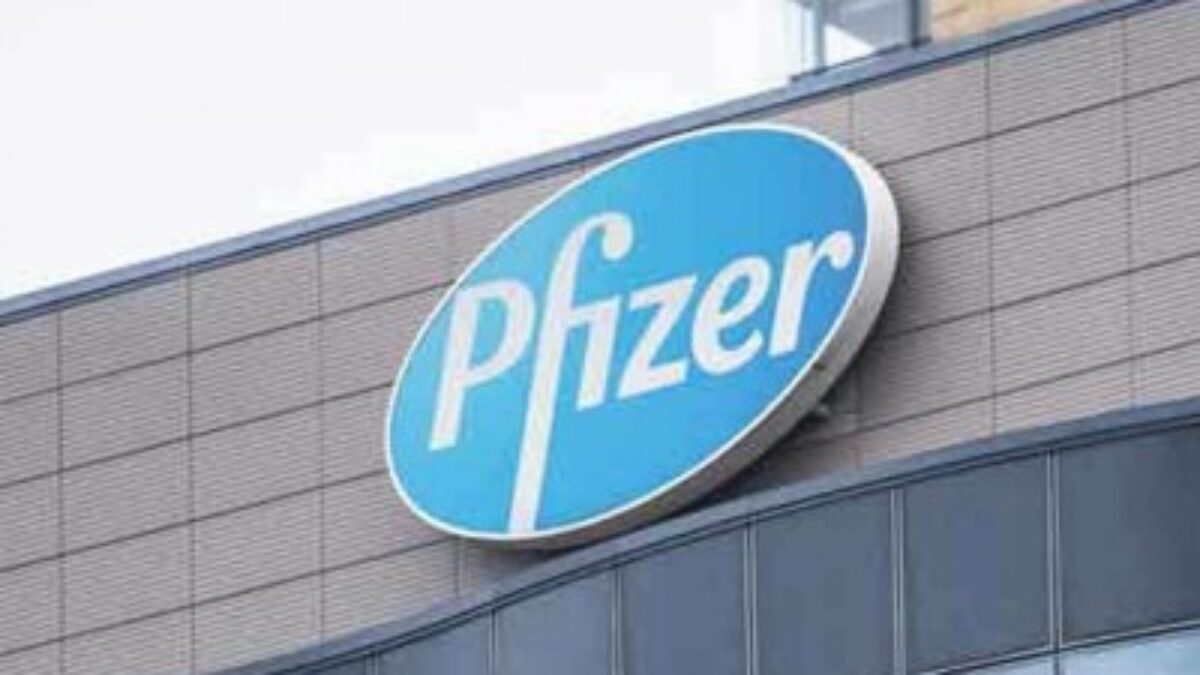According to a study published in The Lancet journal, total antibody levels begin to decline six weeks following complete vaccination with Pfizer NSE 4.16 percent and AstraZeneca NSE -0.49 percent vaccines, and can drop by more than 50% in ten weeks.
If antibody levels continue to fall at this rate, researchers at University College London (UCL) in the United Kingdom are concerned that the vaccines’ protective properties will begin to wear off, especially against new strains. However, they said, how soon that might happen cannot be predicted yet.
The UCL Virus Watch study also found that antibody levels are substantially higher following two doses of the Pfizer vaccine than after two shots of the AstraZeneca preventive, known as Covishield in India. Antibody levels were also much higher in vaccinated people than those with prior SARS-CoV-2 infection, they said.
“Antibody levels following both doses of either the AstraZeneca or Pfizer vaccination were initially quite high, which is likely to be an important component of why they are highly protective against severe COVID-19,” said Madhumita Shrotri of the University College London Institute of Health Informatics.
“However, we found these levels dropped substantially over the course of two to three months,” Shrotri said in a statement. The findings based on data from over 600 people aged 18 and above were consistent across all groups of people regardless of age, chronic illnesses or sex, according to the researchers.
The authors highlight that although the clinical implications of waning antibody levels are not yet clear, some decline was expected and current research shows that vaccines remain effective against severe disease. For Pfizer, antibody levels reduced from a median of 7506 Units per millilitre (U/mL) at 21–41 days, to 3320 U/mL at 70 or more days. For AstraZeneca vaccine, antibody levels reduced from a median of 1201 U/mL at 0–20 days to 190 U/mL at 70 or more days, over five-fold reduction.

